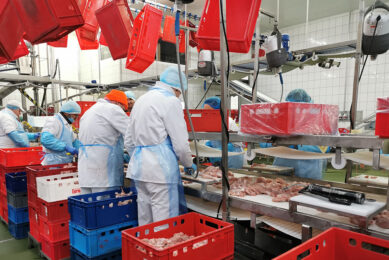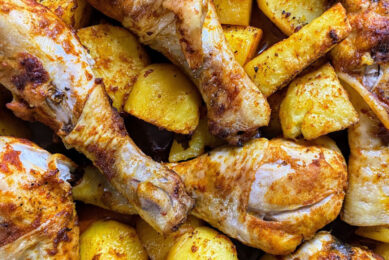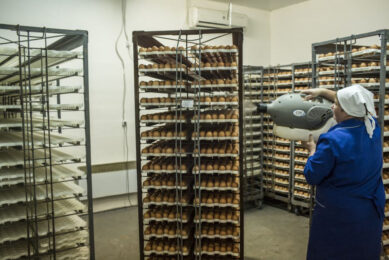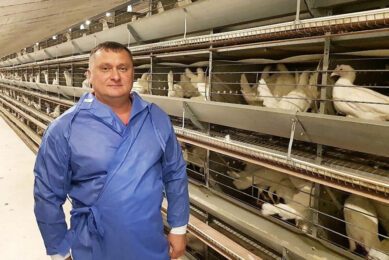War impacts costs but might reopen EU to Brazilian poultry
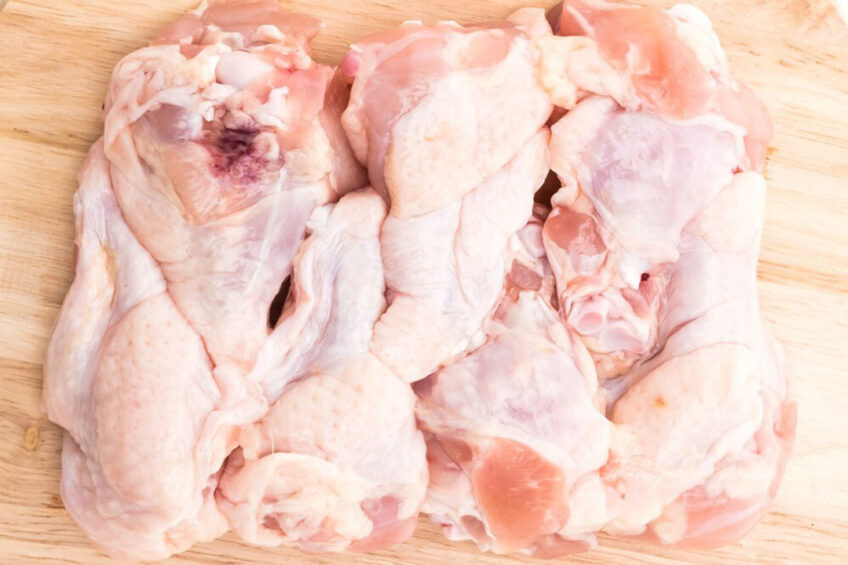
Russia’s invasion of Ukraine has resulted in an increase in the price of grains and fertilizers in the Brazilian poultry sector. But, pragmatically, this might also open an opportunity in the European market.
Competing for European markets
According to ABPA, the Brazilian Association of Animal Protein, Russia and Ukraine used to compete against Brazilians in Europe and other huge markets in Asia and the Middle East. Both countries together account for 5% of the total poultry meat traded globally. Of this percentage, 3.3% is from Ukraine.
Ukraine’s poultry exports total about 430,000 tonnes per year, mainly to Europe. If the country stops shipping meat amid war-caused difficulties, Europe would face a “significant challenge”.
“Weak meat” scandal
Moreover, been the largest global poultry exporter, Brazil has 20 facilities banned by the EU since 2018 due to the “weak meat” scandal. According to representatives from the sector, this resuming is a concrete possibility.
“Brazilian industry is ready to fill gaps and support food security for nations due to suspension or decreasing in chicken and pork exports from Russia and Ukraine,” said Ricardo Santin, president of the ABPA meat.
Moreover, Russia and Ukraine together account for about 29% of global wheat exports and 19% of corn exports. This also could hamper meat production in Europe because both are used for animal feed.
Small importers
On the other hand, Russia and Ukraine are not large importers of meat from Brazil. According to the bank BTG Pactual, Russians and Ukrainians buy 1.9% of beef, 2.6% of chicken protein and 1.1% of pork exported by Brazil.
BTG’s report says that the Russian government is working to achieve levels of food security and domestic supply, reducing its dependence on imports, while Ukraine has never been a relevant market for Brazilian meat exports.
Additionally, Brazilian exporters may find higher prices in these markets in the Middle East when a relevant part of Russian and Ukrainian shipments stops arriving there. This would be positive for BRF and for Seara, which belongs to JBS.
Default
Brazilian meat producers also fear a default from Russian importers due to banks having difficulties sending remittances abroad after Swift suspensions.
During the first days of the war, some shipments were already on the way and in most cases just 40% is paid pre-shipment. The other 60% stands open.




